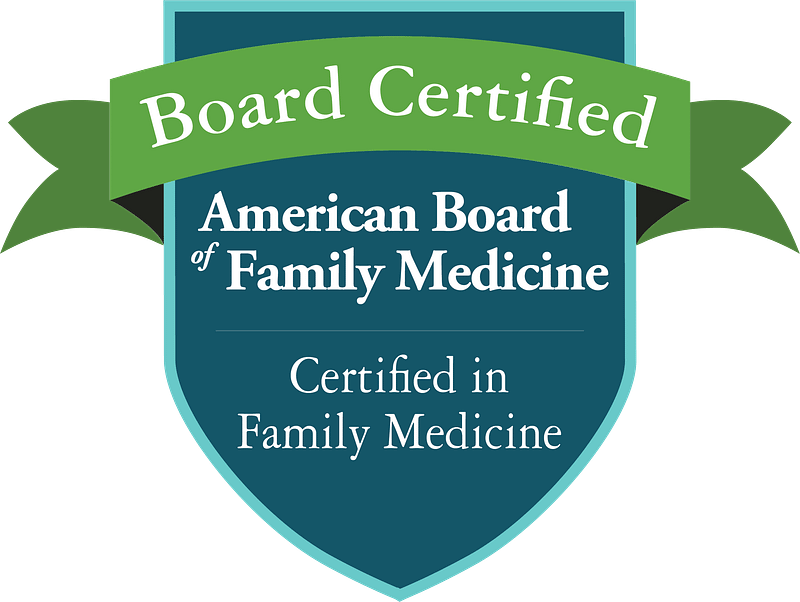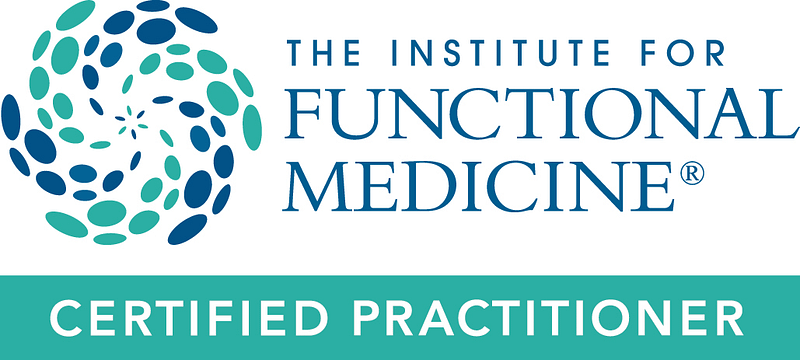Lactose Intolerance Treatment in Greater Asheville
Lactose intolerance is the inability to digest significant amounts of lactose, the predominant sugar of milk. This inability results from a shortage of the enzyme lactase, which is normally produced by the cells that line the small intestine. Lactase breaks down milk sugar into simpler forms that can then be absorbed into the bloodstream. When there is not enough lactase to digest the amount of lactose consumed, the results, although not usually dangerous, may be very distressing. While not all persons deficient in lactase have symptoms, those who do are considered to be lactose intolerant.
Common symptoms include nausea, cramps, bloating, gas, and diarrhea, which begin about 30 minutes to 2 hours after eating or drinking foods containing lactose. The severity of symptoms varies depending on the amount of lactose each individual can tolerate.
Some causes of lactose intolerance are well known. For instance, certain digestive diseases and injuries to the small intestine can reduce the amount of enzymes produced. In rare cases, children are born without the ability to produce lactase. For most people, though, lactase deficiency is a condition that develops naturally over time. After about the age of 2 years, the body begins to produce less lactase. However, many people may not experience symptoms until they are much older.
Between 30 and 50 million Americans are lactose intolerant. Certain ethnic and racial populations are more widely affected than others. As many as 75 percent of all African-Americans and Native Americans and 90 percent of Asian Americans are lactose intolerant. The condition is least common among persons of northern European descent.
Although testing is available that can diagnose lactose intolerance, they require drinking a lactose-loaded beverage, which can cause acute distress to the person drinking it, and can be expensive. Thankfully, once the suspicion of lactose intolerance is raised, simply stopping eating and drinking lactose containing foods and beverages is the treatment of choice. If symptoms go away, then lactose intolerance is very likely the appropriate diagnosis.
Fortunately, lactose intolerance is relatively easy to treat. No treatment exists to improve the body’s ability to produce lactase, but symptoms can be controlled through diet. Young children with lactase deficiency should not eat any foods containing lactose. Most older children and adults need not avoid lactose completely, but individuals differ in the amounts of lactose they can handle. For example, one person may suffer symptoms after drinking a small glass of milk, while another can drink one glass but not two. Others may be able to manage ice cream and aged cheeses, such as cheddar and Swiss but not other dairy products. Dietary control of lactose intolerance depends on each person’s learning through trial and error how much lactose he or she can handle.
For those who react to very small amounts of lactose or have trouble limiting their intake of foods that contain lactose, lactase enzymes are available without a prescription. One form is a liquid for use with milk. A few drops are added to a quart of milk, and after 24 hours in the refrigerator, the lactose content is reduced by 70 percent. The process works faster if the milk is heated first, and adding a double amount of lactase liquid produces milk that is 90 percent lactose free. A more recent development is a chewable lactase enzyme tablet that helps people digest solid foods that contain lactose. Three to six tablets are taken just before a meal or snack.
Lactose-reduced milk and other products are available at many supermarkets. The milk contains all of the nutrients found in regular milk and remains fresh for about the same length of time or longer if it is super-pasteurized. There are several foods that contain much more calcium and much more bio-available calcium per serving than dairy products. Click here for a list of non-dairy sources of dietary calcium.
Although milk and foods made from milk are the only natural sources, lactose is often added to prepared foods. People with very low tolerance for lactose should know about the many food products that may contain lactose, even in small amounts. Food products that may contain lactose include:
* Bread and other baked goods
* Processed breakfast cereals.
* Instant potatoes, soups, and breakfast drinks.
* Margarine
* Lunch meats (other than kosher)
* Salad dressings.
* Candies and other snacks
* Mixes for pancakes, biscuits, and cookies
Some products labeled nondairy, such as powdered coffee creamer and whipped toppings, may also include ingredients that are derived from milk and therefore contain lactose.
Smart shoppers learn to read food labels with care, looking not only for milk and lactose among the contents but also for such words as whey, curds, milk by-products, dry milk solids, casein, sodium caseinate, and nonfat dry milk powder. If any of these are listed on a label, the item contains lactose. Click here for a list of sources of dairy products.
In addition, those with severe lactose intolerance need to know that lactose is used as the base for more than 20 percent of prescription drugs and about 6 percent of over-the-counter medicines. Many types of birth control pills, for example, contain lactose, as do some tablets for stomach acid and gas. A single dose of medication in a lactose base may be tolerated, but add the cumulative effect of multiple daily doses of several prescription drugs that contain lactose, and the effect may be noticeable to a lactose sensitive individual. Lactose intolerance is almost always dose related.
There are other health issues besides lactose intolerance surrounding the use of dairy products, including allergy, the use of bovine growth hormone and its known and unknown impact on human health, and toxic substances in milk including pesticides and herbicides. Cow’s milk is the perfect food-for calves. We recommend the preferred treatment of a known intolerance of any food, including lactose intolerance, is avoidance. Since digestion is a complex process that is critical for good health, a careful approach to avoidance of lactose is the key to reducing symptoms and protecting future health for a lactose sensitive individual.
Contact us to schedule an appointment with our providers at our Asheville office.








